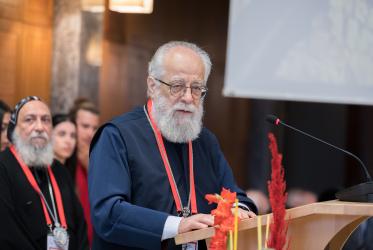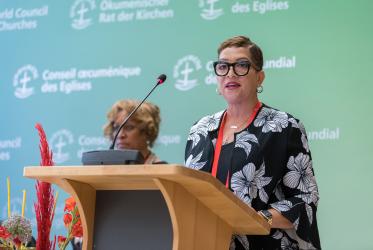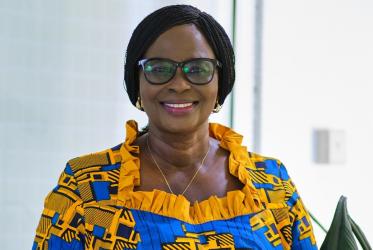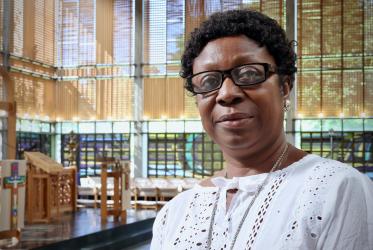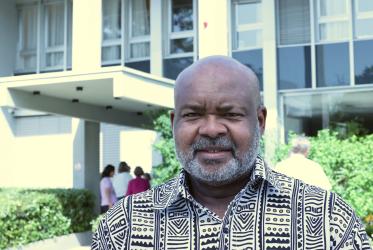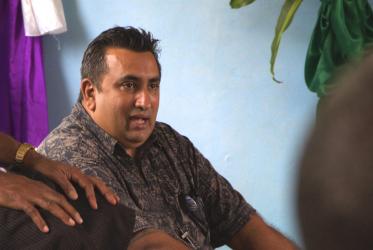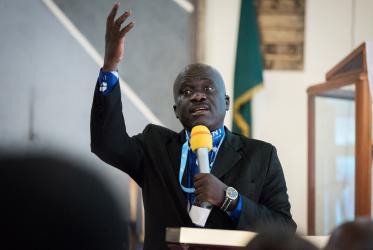Displaying 1 - 20 of 24
28 March 2024
ACT Alliance general secretary: “equity is not negotiable”
26 September 2023
Bridging gaps and bringing people to the table
23 June 2022
Defending the ‘blue soul of life’
08 April 2021







